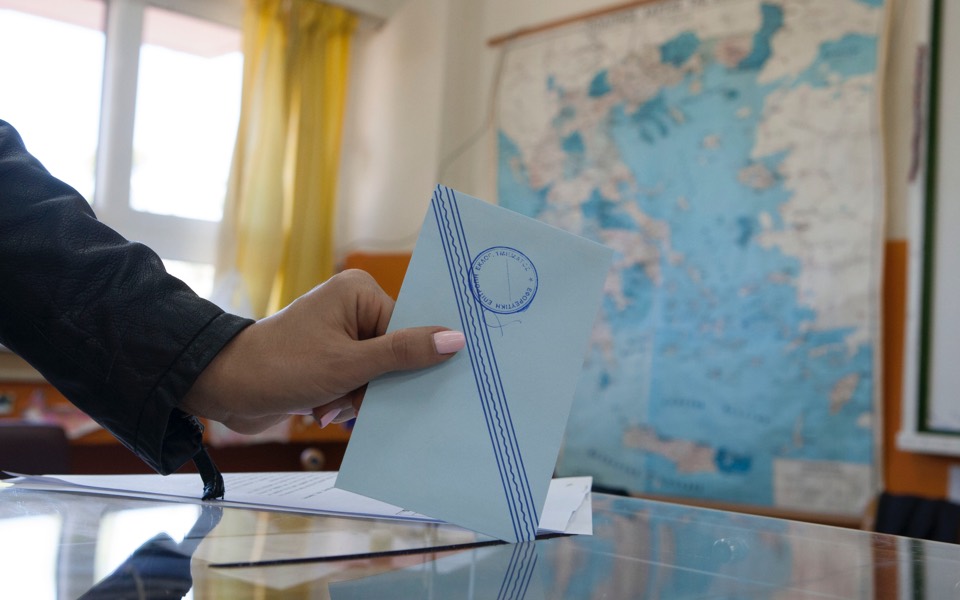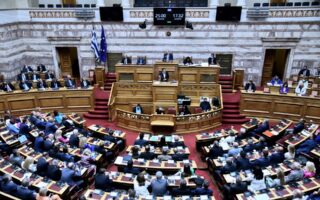The cost of changing the electoral law

Speculation is running rampant in the ranks of New Democracy once more about changing the electoral law. It would be a move with numerous ramifications and most likely a negative outcome.
It is not at all certain that the additional seats a bigger bonus such a new law would entail would mean an absolute majority; what is certain is that changing the electoral law twice in one government term would undermine the government’s respect for the institution of elections.
The prime minister has repeatedly said that he has no intention of toying with the institution and is ready to assume the political risk; this is the right attitude, and as such it should assessed by voters.
Watching the course of public opinion polls over the past three years and adding the most recent political developments into the mix, one assumes from the prevailing mood that the difference between the two main parties in the first election will be slight.
Even though various coalitions are possible given the percentage of votes each party is expected to get, it looks that cooperation is very unlikely from a political point of view, which means a second round of voting. That is where the extra bonus might help, but given the prevailing atmosphere, it will not be enough for New Democracy to form a government by itself.
What’s more, changing the law again would alienate a significant part of the voters the prime minister is trying to draw in: the undecided centrists who have more than once proven to be the kingmakers in elections.
This critical mass will take a negative view of any games with the institutions, meaning that governing ND stands to not see the added gains in votes it hopes for in the second round.
Moreover, if the aim is to reach out to PASOK, changing the electoral law would make this even harder than it has become lately.
Now, if Greek Solution is where ND is looking for to cooperate, then a boost in seats may help. But can such a partnership really be considered?
Those who voted for Kyriakos Mitsotakis are irked by the possibility of a cynical new change in the election law, the second time by the same government, and categorically oppose any thought of working with Greek Solution’s Kyriakos Velopoulos.
The realistic solution, therefore, lies in institutional consistency and continuity, and in seeing through the four-year term – as the PM has repeatedly said he intends to do – and leaving the government’s abilities, achievements and prospects to be judged at the end of that, hoping for the best possible result.
Games with the institution of the electoral law, especially given the present circumstances, would not only be a mistake, they would further harm the government.





